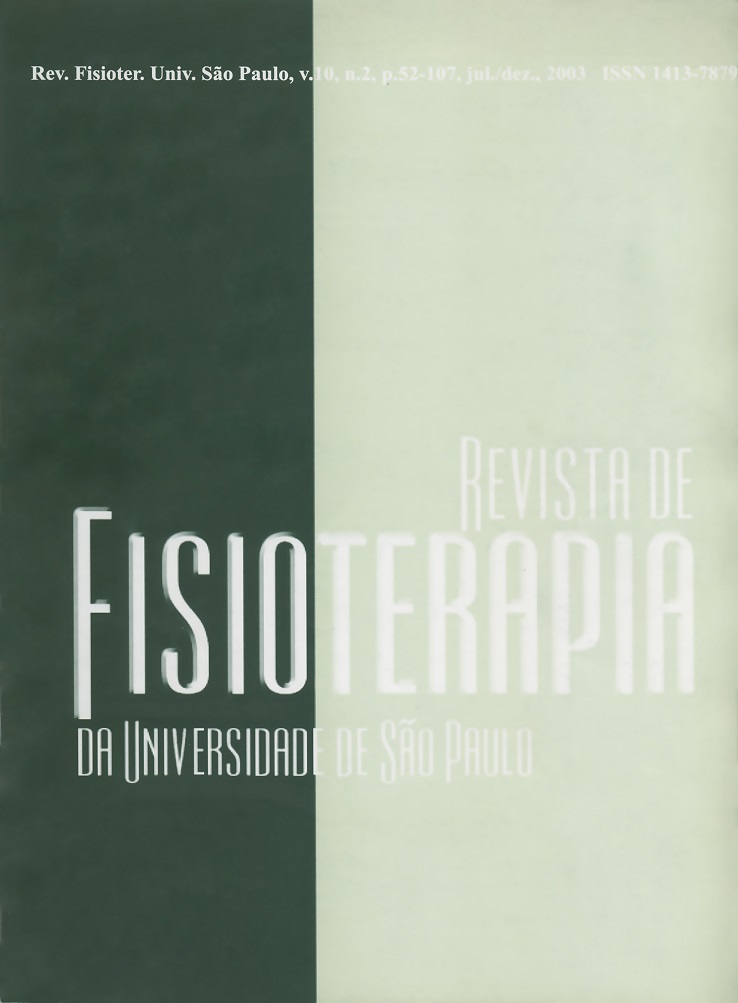Balance and post-rotatory nystagmus in children with reading competence deficits
DOI:
https://doi.org/10.1590/fpusp.v10i2.78119Keywords:
vestibule, nystagmus, physiologic, dyslexia, child.Abstract
Several studies reporting reading deficits in children with vestibule system deficits have stressed the importance of assessing vestibule processing inlearning disabled children. SIPT (Sensory integration and Praxis Test) is usually the instrument of choice for global assessment of children suspect of vestibule system processing deficits. However, the standardized norms used for assessing SIPT data have not been sufficiently adapted to the Brazilian population, so that the use of non-adapted norms may lead to inaccurate and non-valid estimates. In this study a new preliminary Balance Test and SIPT Post-Rotary Nystagmus Test were applied to 61 first and second-grade elementary school children. Results were correlated
with children's reading competence, as assessed by a Brazilian Standardized Reading Competence Test. Results showed that children whose scores on Post-Rotary Nystagmus were significantly decreased (i.e., equal to or lower than one standard deviation below average) or increased (i.e., equal to or higher than one standard deviation above average) presented reading performances that were significantly lower than those of children with normal Post-Rotary Nystagmus scores (i.e., within average plus or minus one standard deviation). Further, children who scored higher in Balance also scored higher in Reading Competence. Such results give further support to the literature on the importance of vestibule system involvement (as assessed by means of balance tests and post-rotatory nystagmus tests) to reading competence. In addition, the present study offers a Brazilian test for assessing balance, along with data suggesting its validity based on reading competence estimates as a well established criterion.
Downloads
Download data is not yet available.
Downloads
Published
2003-12-31
Issue
Section
Articles
How to Cite
Balance and post-rotatory nystagmus in children with reading competence deficits. (2003). Fisioterapia E Pesquisa, 10(2), 61-69. https://doi.org/10.1590/fpusp.v10i2.78119



